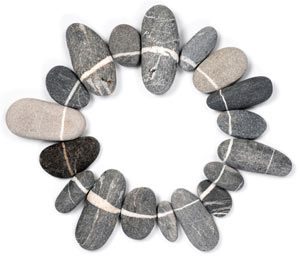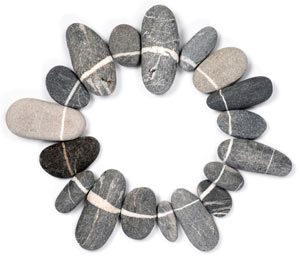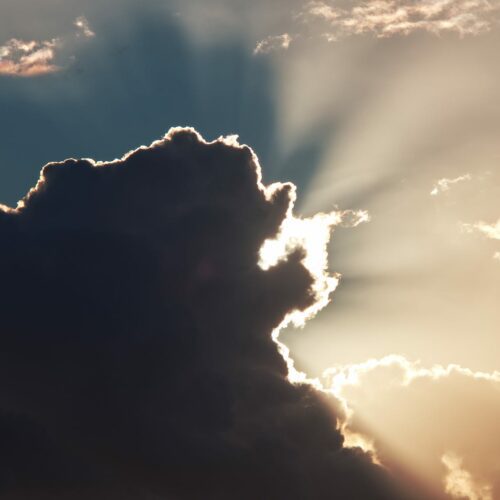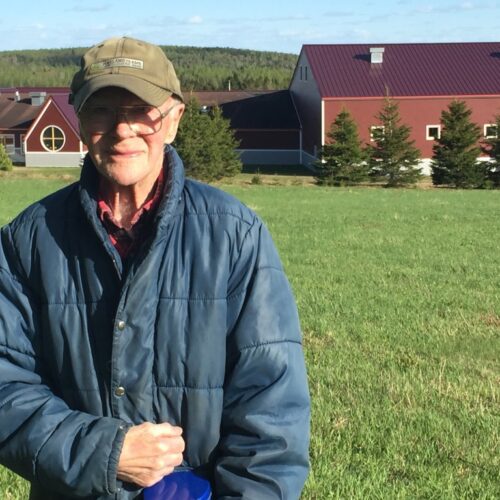 I have struggled with the celebration of Thanksgiving my whole life. When I was young, I couldn’t understand why I felt the way I felt. I just did. To me, the holiday always felt wildly inappropriate.
I have struggled with the celebration of Thanksgiving my whole life. When I was young, I couldn’t understand why I felt the way I felt. I just did. To me, the holiday always felt wildly inappropriate.
In another generation, I wonder if a little girl might have felt similarly at picnic with her family at a public lynching. I felt as if I were being asked to silently go along with a script in a play that’s plotline was actually quite gruesome and violent.
Over the years, I have tried to express how I felt and got summarily dismissed, told I was “missing the point”, didn’t understand what the holiday was really about, and that I was dragging everyone down.
Every year, I watched people I loved celebrate the gluttony of our society unabashedly take center stage as the Macy’s parade of consumerism took over 5th Avenue, not understanding the compulsion to retire to couches to yell at the television as grown men beat the shit out of each other for our entertainment.
Every year I got shamed into silence, bullied into conformity, and mocked for my apparent inability to grasp our nation’s history. I learned to mute myself, like how I trained myself to swim the length of an Olympic-sized pool underwater with just one breath—reminding myself it was just one day a year.
What I realize now is that my feelings about Thanksgiving weren’t unfounded, they were unpopular.
No wonder I was silenced and shunned.
What I realize now is that my feelings told me that it was fundamentally wrong to celebrate the genocide of indigenous people on an annual basis and call it a national holiday. No wonder indigenous people don’t tend to celebrate the holiday—in fact, it’s largely recognized as their national day of mourning.
What my feelings told me was this holiday was a grotesque mask that covered an ugly narrative about this country and the culture of white supremacy baked into it.
No wonder I never had an appetite. No wonder a big part of me breathed a sigh of relief that a global pandemic would put a damper on the holiday for 2020.
If only for a year.
Want to know what these daily verses are all about? Read here to learn what inspired this practice on my birthday post, November 1st.




